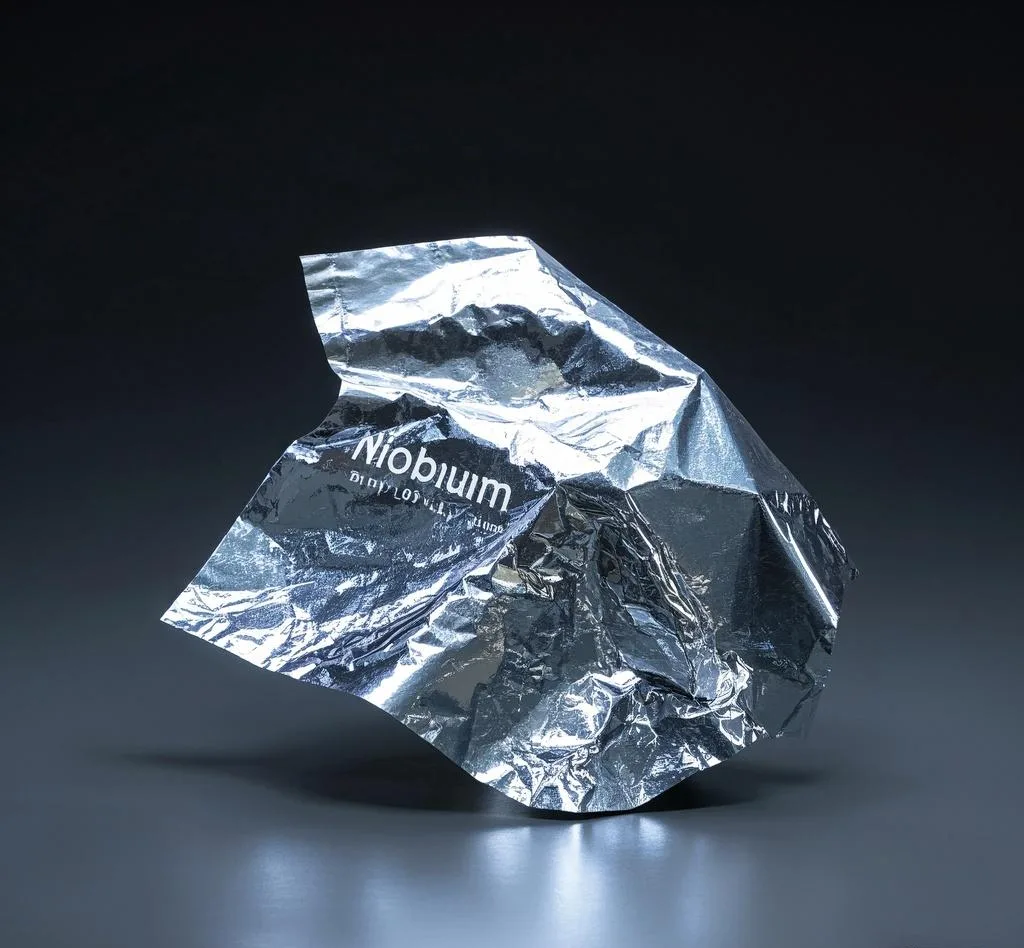
What Exactly is Niobium Foil?
Niobium foil is an ultra-thin sheet of niobium metal, typically ranging from 0.01 mm to 0.1 mm in thickness (as defined by GB/T 3630-2017). Known for its exceptional corrosion resistance and high melting point (2,468°C), this versatile material is a staple in industries demanding precision and durability. Imagine it as the “invisible backbone” of cutting-edge tech—thin yet incredibly strong.
What is Niobium Strip?
Niobium strip is a thin, flat form of niobium metal, typically 0.1–0.8 mm thick, crafted for precision engineering. With tight tolerances (e.g., ±0.02 mm for 0.2–0.3 mm strips), it’s ideal for superconducting wires, medical implants, and aerospace circuitry. Its flexibility and corrosion resistance make it vital in high-tech sectors.
What is Niobium Sheet?
Niobium sheet is a thicker, robust plate (up to 6.0 mm thick) designed for extreme environments. It withstands 1,000°C+ temperatures and corrosive conditions, serving in nuclear reactors, chemical processing, and spacecraft shielding. Cold-rolled or annealed, sheets meet strict strength standards (125–400 MPa tensile).
How is Niobium Foil Made?
The process starts with high-purity niobium ingots. Through cold rolling (referred to as “Y state” in manufacturing standards), the metal is meticulously thinned to precise dimensions. Strict quality checks—like those in GB/T 3630-2017—ensure thickness tolerances as tight as ±0.002 mm for foils under 0.03 mm.
Application:
- Medical Devices: Implants and surgical tools benefit from its biocompatibility.
- Energy Storage: Enhances lithium-ion battery efficiency (Learn more about battery tech).
- Nuclear Reactors: Acts as a cladding material for fuel rods.
For a deeper dive into niobium applications, check out the International Niobium Institute.
For additional niobium products, please refer to our niobium catalogue: http://zzhytanb.com/product-category/niobium/
